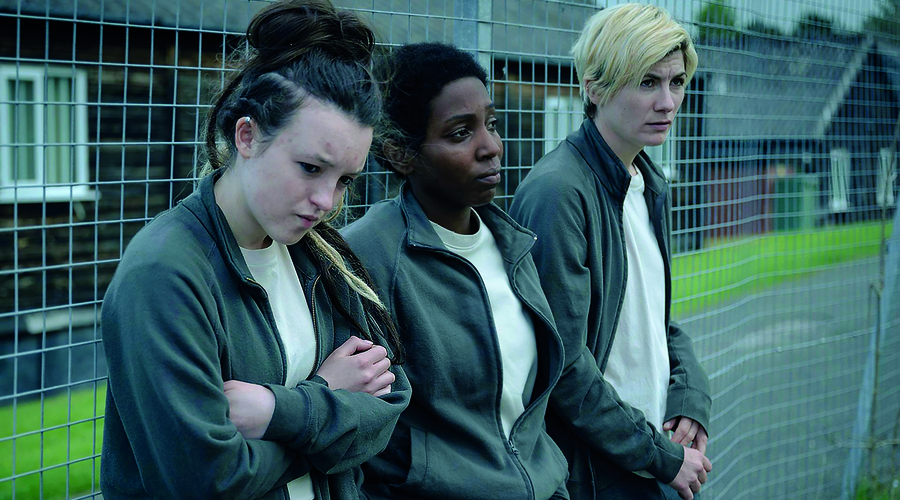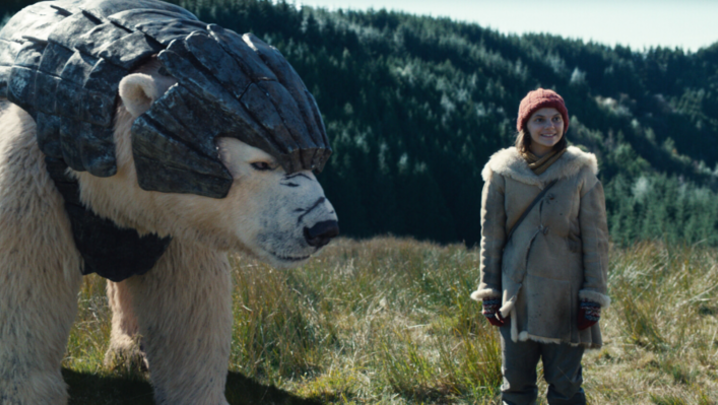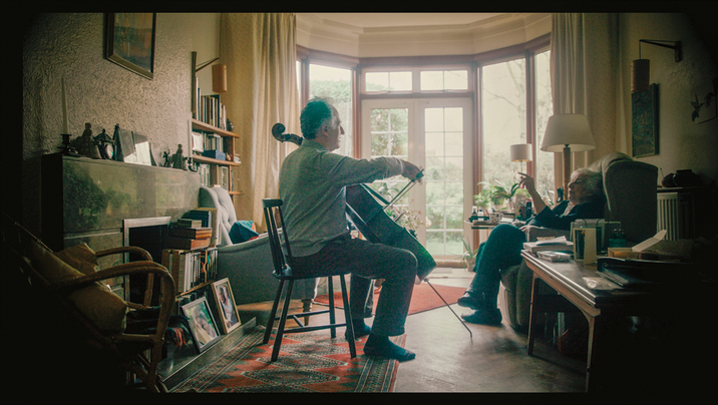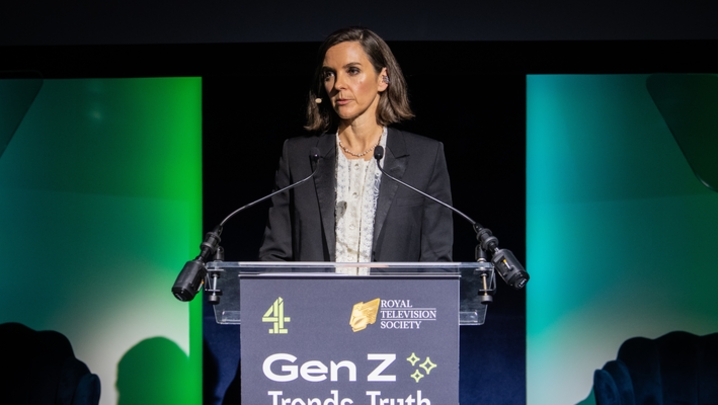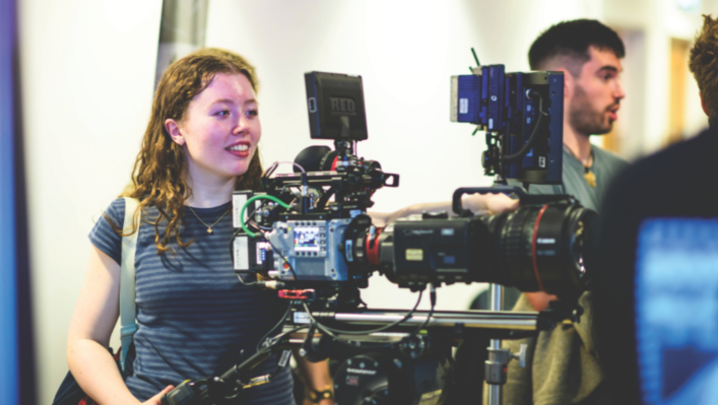From finding the right course and agent to dealing with rejection, Matthew Bell gets the inside track on scripting
“I absolutely hate rejection. I cry… I love these projects. I really hate it when producers act like it doesn’t matter and say: ‘We just roll again tomorrow, Helen.’ Of course, you roll again tomorrow, but today I want to sob.”
Screenwriter Helen Black was discussing the biggest downside of her job at an RTS Futures event in September, which examined what it takes to make a living out of screenwriting.
She continued: “You end up working on a lot of projects that are never going to be in production and that’s heartbreaking.”
But Black advised: “Try to forget about that and treat each project as if it’s going to be on BBC One on a Sunday night. If you don’t do that, you won’t do a good job and you just won’t enjoy it.”
While rejection is part of the writer’s life, there are many more highs. Black had 11 novels under her belt when, wanting to move into TV, she submitted a script to a BBC Writersroom competition, won and found an agent. “One producer gave me an episode of [Channel 5 drama] Clink out of the blue,” said Black, “and each job builds to another”.
She went on to script the double-RTS Cymru Award winner Life and Death in the Warehouse for BBC Three and has co-written the second series of Jimmy McGovern’s multi-award-winning BBC One prison drama Time.
Ameir Brown is one of the team scripting Steven Knight’s Disney+ Victorian boxing drama A Thousand Blows. He has a BA in film-making from Birmingham City University and a screenwriting MA from London Film School.
“Going to film school is a personal decision,” he said. “I wouldn’t say you absolutely need it, but for someone outside the London-centric bubble that is the TV industry in this country it can be helpful.”
He added that, while it had been worthwhile: “I’ve definitely learned more on the job and being in writers' rooms, observing the process of more experienced writers.… Also, being on set… is like an apprenticeship.”
On being a member of the A Thousand Blows writers' room, he said: “Writing from someone else’s vision is really helpful to learn your craft… writing on a show that’s getting made, you’re writing for a budget – that teaches you a whole lot of important things.… It’s great to learn from some like Steven Knight.”
Writer/director Louis Paxton, who is helming a block of the BBC Three horror comedy Wreck, did a BA film course in Glasgow – he wanted to make films but didn’t have the funds. “That was great because they had access to kit… they give you a bit of a budget to make your grad film as well.”
His graduation film got him on to an MA at the National Film and Television School in London. “What I learned at film school was invaluable.”
Getting on the books of an agent is often said to be a first step for any budding screenwriter, but Brown advised: “As a new writer, the main thing you should focus on is your work, getting scripts in a great place.… If the work is good, agents will come.”
He added: “Don’t sign up if you’re not ready and just sit there on their client’s list, [with your scripts] gathering dust because you haven’t got anything worthy enough to… put you forward for jobs.”
The RTS Futures event, ‘How to get into screenwriting’, was held online on 6 September and hosted by Navi Lamba, Head of Development, BBC Comedy, and produced by Laura Taylor and Daisy Church.

